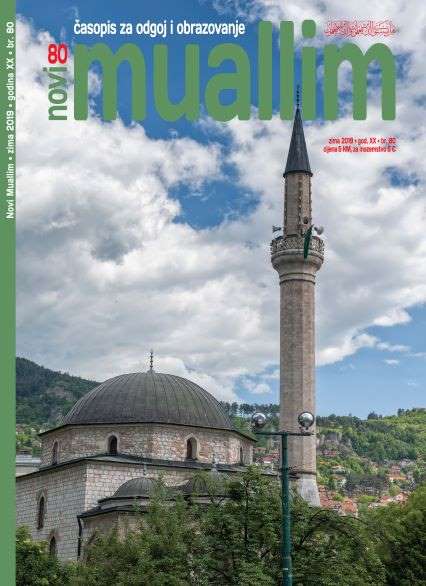LEO STRAUSS AND THE REVIVAL OF CLASSICAL ISLAMIC POLITICAL PHILOSOPHY
DOI:
https://doi.org/10.26340/muallim.v20i80.1744Keywords:
Maimonides, law, esoteric writing, elite and masses, critique of liberalism, political philosophy, Al-FarabiAbstract
UDK 3221:141]:28
1Strauss L.
This article analyses the contribution of Leo Strauss to the efforts of recognising and rehabilitating the political dimension within the classical Islamic philosophy. As one of the most renowened political philosophers of the 20th century, Strauss is particularly interested in the political thoughts of Al-Farabi, whom he considered as the greatest philosopher of the classical period since Aristotle. Works of Al-Farabi were first introduced to him by a rabbi and a great philosopher of the Arab tradition, Maimonides, who believed Al-Farabi to be the greatest thinker of Falsafa. In his study of both these great scholars, Staruss concludes that they both used esoteric style of writing in order to avoid a possible conflict with dominant conventional streem of thought. This style, which includes hiding of political message within deeper layers of the text, is, according to Staruss, characteristic of a larger part of all classical political philosophers from Plato to Maimonides. With this style classical aouthors imply the existance of an educated elite and uneducated masses as universal categories.
Downloads
Published
How to Cite
Issue
Section
License
Naknada:
a. Časopis ne naplaćuje naknadu za obradu članaka (APC) i naknadu za podnošenje članaka.
Autori koji objavljuju u ovom časopisu pristaju na sljedeće uvijete:
- Autori zadržavaju autorska prava i pružaju časopisu pravo prvog objavljivanja, pri čemu će rad jednu godinu po objavljivanju biti podložan licenci Creative Commons imenovanje koja omogućuje drugima da dijele rad uz uvijet navođenja autorstva i izvornog objavljivanja u ovom časopisu.
- Autori mogu izraditi zasebne, ugovorne aranžmane za ne-ekskluzivnu distribuciju rada objavljenog u časopisu (npr. postavljanje u institucionalni repozitorij ili objavljivanje u knjizi), uz navođenje da je rad izvorno objavljen u ovom časopisu.


